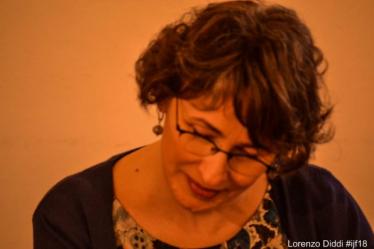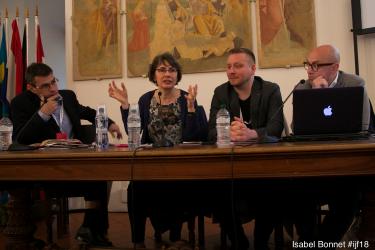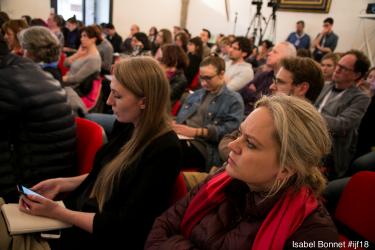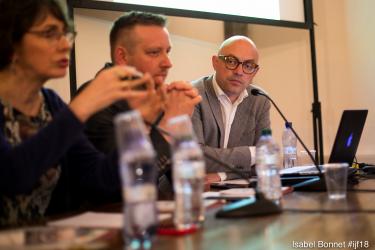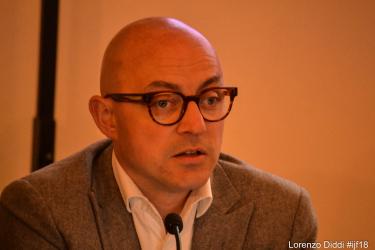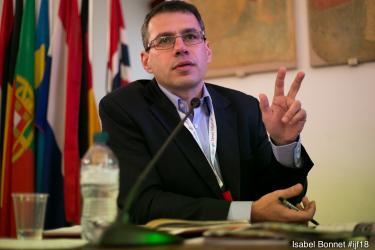The parliamentary victory of the conservative Law and Justice party in 2015 has brought a fundamental change to the media landscape in post-1989 Poland. The ruling party led by Jarosław Kaczyński went ahead through the parliament with amendments to the media bill, taking full control over the state broadcasters and promised a shift from public to “national” media. The current government’s battle for a new 'national' narrative has fuelled political and journalistic discourse in Poland and beyond. Documentary-makers, story-tellers, museum designers and journalists have been engaged in a fierce fight over the shape of old and new history of the country. The scale, depth and ambition to reshape the media system, alongside broader change in ths judiciary and the way civil society functions, have brought widespread international criticism of Poland from the liberal press and international institutions.
How do journalists respond to such new challenging times? Is it possible to remain impartial and objectively report the news when the country and its journalists are so highly polarised? What are the dividing lines in national versus liberal narrative of the history in Poland today? How do journalists and film-makers contribute to the national discussion on what it truly means to be a Polish patriot in contemporary Europe?



